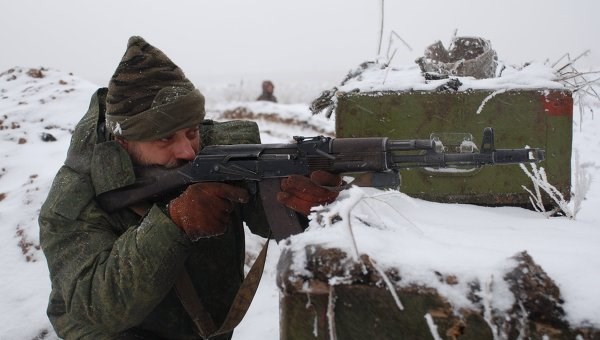Hungary's 'Christmas Ceasefire' plan rejected by Ukraine amid tensions Over Orban's Kremlin ties
Ukraine has firmly rejected Hungary's proposal to organize a phone call between Prime Minister Viktor Orban and President Volodymyr Zelensky. The Budapest initiative, put forward after Orban's conversations with Putin, aimed at achieving a "Christmas ceasefire" and "mass prisoner exchange," was met with skepticism in Kyiv.
Hungarian Foreign Minister Péter Szijjártó stated that Ukraine "in an unprecedented diplomatic gesture" firmly but politely declined the call. However, analysts note that this response is a predictable outcome of Budapest's actions, as Hungary often makes anti-Ukrainian statements and aligns with the Kremlin.
Hungary's economy is in dire condition, heavily reliant on Russian energy sources, forcing Orban to play the role of the Kremlin's puppet.
The "Christmas ceasefire" initiative was first presented to Moscow before being communicated to Kyiv, showcasing Budapest's disregard for the Ukrainian side. Kyiv, in turn, refused to be part of another propaganda act aimed at strengthening Hungary's image as a "peacemaker."
Ukrainian officials interpret Hungary's proposal as an attempt to divert attention from its genuine support for the Kremlin. While Hungary tries to maintain a "neutral" image on the international stage, its actions tell a different story. Budapest's attempts to portray itself as a geopolitical player amid Hungary's actual role in European politics seem particularly absurd. Ukraine has made it clear that it will not participate in initiatives designed to advance Kremlin interests under the guise of peacekeeping.
